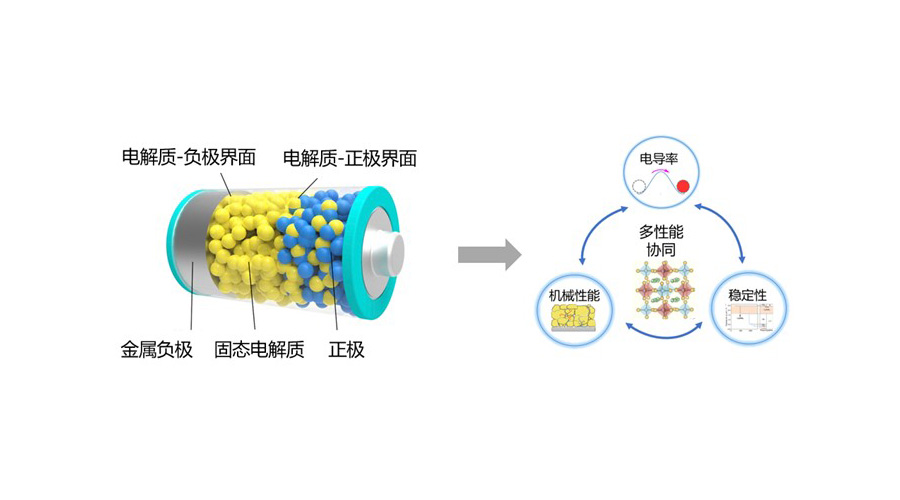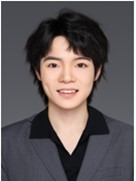Doctoral student Chaohong Guan from the University of Michigan-Shanghai Jiao Tong University Joint Institute (UM-SJTU JI, JI hereafter) has secured funding from China’s National Natural Science Foundation. His research project, titled “Machine Learning Assisted Multi-Performance Collaborative Solid-State Electrolyte Design,” has been selected for the foundation’s prestigious 2023 Youth Student Basic Research Program (Doctoral Students). The project aims to revolutionize the design of solid-state electrolytes, crucial components in the development of next-generation high-energy-density batteries.

All-solid-state batteries represent a pivotal direction in the advancement of next-generation high-energy-density batteries, playing a crucial role in the transformation of energy infrastructure. Solid-state electrolytes, as integral components of these batteries, significantly influence their key performance metrics. Despite decades of extensive research on materials such as sulfide, oxide, and halide electrolytes, achieving comprehensive breakthroughs in electrolyte materials remains elusive. Currently, there are no reports of solid-state electrolytes that can simultaneously meet the requirements of high ionic conductivity, stability, mechanical performance, and cost-effectiveness, hindering their ability to economically replace commercial lithium-ion batteries. Therefore, the development of novel solid-state electrolytes with multi-performance synergy is essential for the industrialization of solid-state batteries. This project aims to expedite the design of novel solid-state electrolytes and foster the development of collaborative electrolytes and theories, thereby facilitating the commercialization of solid-state batteries.
The National Natural Science Foundation Youth Student Basic Research Program (Doctoral Students), launched in 2023 as a pioneering initiative, is primarily aimed at identifying exceptional doctoral candidates with untapped research potential and solid academic backgrounds, demonstrating substantial promise in scientific advancement. Successful candidates assume the role of project leaders and are granted funding to conduct scientific research endeavors. They are encouraged to independently chart their research trajectories, exploring both fundamental and interdisciplinary realms. The program operates through a rigorous “recommendation + review” mechanism, comprising various stages such as individual student applications, institutional endorsements, communication assessments by the foundation committee, and conference evaluations. Employing a hierarchical selection approach, outstanding candidates are singled out, and the funded projects are ultimately determined.







